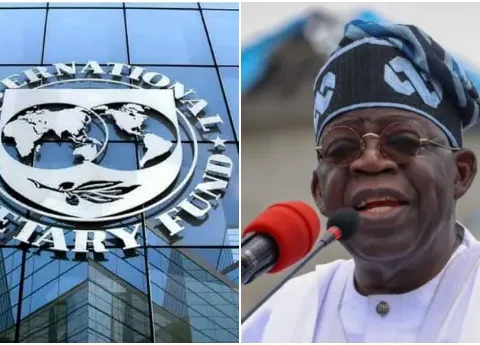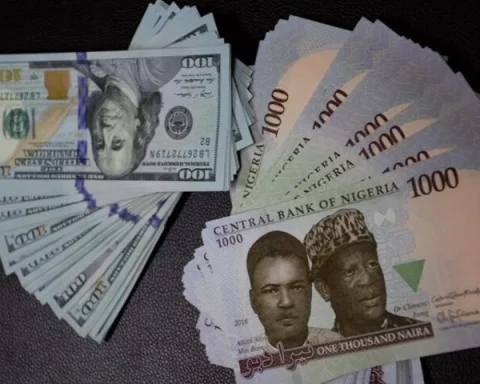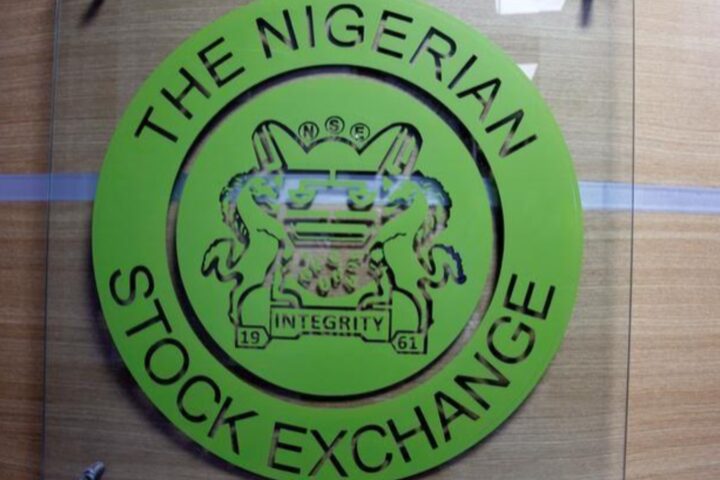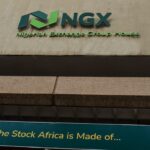Investors in the Nigerian Exchange Limited (NGX) faced a tumultuous two days as they watched N757 billion evaporate from the market, all triggered by FTSE Russell’s decision to downgrade the exchange from frontier to unclassified market status.
This move, driven by Nigeria’s ongoing foreign exchange challenges, has cast a shadow over the market, causing significant stock sell-offs.
Join our WhatsApp ChannelThe NGX All Share Index (NGX ASI) plummeted by 2.03 percent, shedding 1,383.14 basis points, bringing it down to 66,760.20 basis points.
In a parallel drop, the NGX banking Index, which had recently seen high foreign investor participation, nosedived by 8.54 percent in just two days, closing at 653.15 basis points from its opening level of 714.16 basis points this week.
Despite the stock market primarily consisting of local investors, the downgrade had a palpable impact on the market’s performance during the first two trading days of the week, resulting in a decline in year-to-date returns to 30.3 percent.
READ ALSO: Trillion-Naira Stocks Power NGX’s 2023 Record Growth
Analysts noted that while foreign investors accounted for a mere six percent of market participants as of July 2023, their sentiments were adversely affected by the FTSE Russell report.
David Adnori, Vice President of Highcap Securities Limited, emphasized that foreign investors, who have faced challenges repatriating dividends for several years, may be particularly concerned.
FTSE Russell, a subsidiary of the London Stock Exchange Group, is renowned for producing and managing stock market indices, including the FTSE 100 Index and Russell 2000 Index.
The downgrade, ratified by the FTSE Russell Index Governance Board, will take effect on 18 September 2023.
This reclassification will result in Nigerian index constituents being removed at zero value from several FTSE Russell equity indices, including the FTSE Frontier Index Series, FTSE Ideal Ratings Islamic Index Series, and FTSE/JSE All Africa Index Series, among others.
FTSE Russell explained that this decision was a direct consequence of Nigeria’s continued challenges in repatriating capital for international institutional investors.
Despite Nigeria’s transition to a floating exchange rate regime for the naira in the Investors’ & Exporters’ (I&E) FX Window, liquidity constraints have hindered the ability of investors to replicate benchmark changes.
While Nigeria will remain in the FTSE ASEA Pan Africa Index Series, certain corporate events will be suspended indefinitely.
This downgrade serves as a stark reminder of the importance of resolving Nigeria’s foreign exchange challenges to restore confidence in the international investment community.
Emmanuel Ochayi is a journalist. He is a graduate of the University of Lagos, School of first choice and the nations pride. Emmanuel is keen on exploring writing angles in different areas, including Business, climate change, politics, Education, and others.




















Follow Us